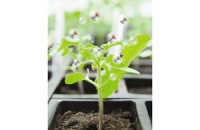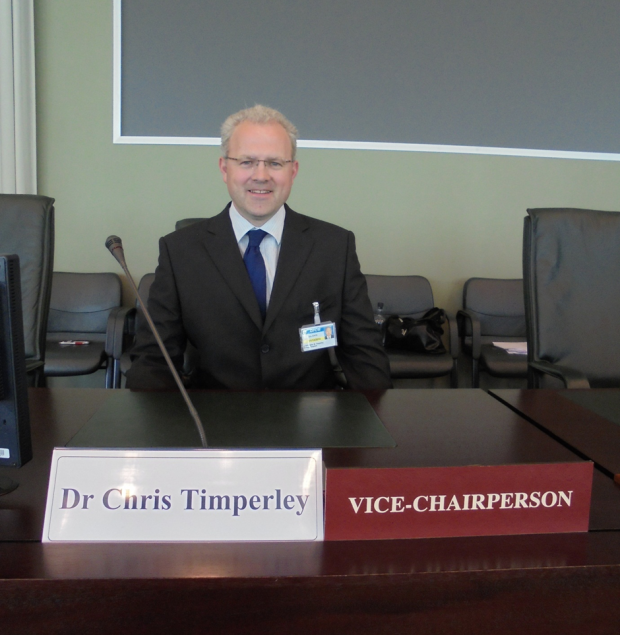I am currently in my second year as Vice-Chair of the Scientific Advisory Board of the Organisation for the Prohibition of Chemical Weapons (OPCW) – the first time a UK official has held this post for two consecutive years since the organisation was established in 1997.
As a chemical defence expert, I work at the Defence Science and Technology Laboratory at Porton Down – one of only 21 laboratories worldwide that have the ability to detect chemical warfare agents, their precursors and degradation products at concentrations down to parts per billion – receiving the maximum ‘A’ grade in international proficiency tests.
In 2013 the Nobel Peace Prize was awarded to the OPCW for its efforts to eliminate chemical weapons. Based in The Hague, the organisation monitors the implementation of the Chemical Weapons Convention by Member States – 190 at present. The convention prohibits the development, production, acquisition, stockpiling, retention and transfer or use of chemical weapons by its Member States.

Detection of chemical weapons and proof of compliance requires investigation and accurate detection. At Porton Down, we have been researching the ability of mustard seeds to absorb and store nerve agents. This involved contaminating white mustard seed and then cultivating the resulting plants in different soil types over different time periods to develop a new detection capability. Results show that vegetation absorbs intact nerve agents, acting as a time capsule that can reveal nerve agent use.
About OPCW: The development and use of chemical weapons first began during World War I. Even though the use of chemical weapons was prohibited in 1925, chemical weapons have since been used a number of times by both nations and terrorists. An international convention that also prohibited the manufacture and storage of chemical weapons came into effect in 1997. That same year, the Organization for the Prohibition of Chemical Weapons (OPCW) was formed for international cooperation to ensure that the convention is honoured through inspections and the destruction of chemical weapons.
